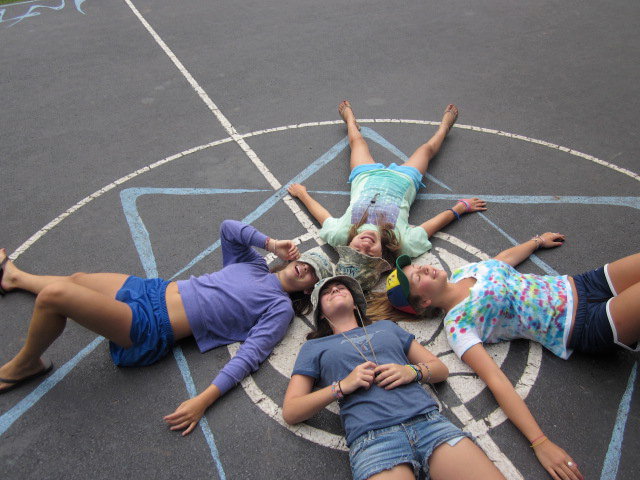 As a Minnesotan, December is the month when our landscape turns into a nasty frozen tundra, and it is difficult to savor the memories of the past summer or to believe that we will EVER be relieved of our constant state of FROZEN. But, of course, even though we sometimes have to wait until May, the thaw does come. My most notable December reminder of the warm hope of summer is delivered by envelopes and emails containing none other than…summer camp forms.
As a Minnesotan, December is the month when our landscape turns into a nasty frozen tundra, and it is difficult to savor the memories of the past summer or to believe that we will EVER be relieved of our constant state of FROZEN. But, of course, even though we sometimes have to wait until May, the thaw does come. My most notable December reminder of the warm hope of summer is delivered by envelopes and emails containing none other than…summer camp forms.
As much as I dread filling them out, I am filled with gratitude and appreciation for all that summer camp means to our family. All four of our kids were/are AVID summer campers (and our oldest is now an AVID summer camp counselor). To say that they love camp is an understatement. They deeply CRAVE it. My husband and I have always understood the value of summer camp, and the value of sending kids away, in general, to allow them to forge new experiences on their own, and to grow and develop their sense of self, separate from mom and dad. I knew that summer camp and the relationships developed there, helped my daughter escape the stresses of school and some tough years she had socially; and that my son was able to feel whole again after he experienced several months of being bullied at school. My older son’s love for camp prompted him to attend a high school program in Israel last summer with several of his camp friends. And my youngest daughter, who was hesitant to go away to camp last summer, as a more quiet and somewhat shy 9-year-old, came back after her two weeks away, with a renewed confidence and a less fearful outlook on life.
It would take me pages upon pages to reflect on the countless ways that my kids’ (and my husband and my) lives have been profoundly impacted by their/our overnight summer camp experiences. I thought it would be even more beneficial for you to read some of my daughter’s impressions on how summer camp was pivotal in shaping her into the young woman she is today. She gave me her permission to share a portion of an essay she wrote for a college English class on the importance of allowing and encouraging kids to spend some time away from home during their formative years (referred to as mobility).
“In reflecting upon one’s childhood, it is difficult, if not impossible, to uncover a specific defining moment in which one transitions from a child to an adult. If adulthood is defined by reaching a certain age, then perhaps one could say that it is the moment when one turns eighteen. Yet, adulthood seems to be a much more complex concept than something that is marked by the celebration of one birthday. Although I am confident that I am not done developing, and at nineteen years old I still have much to learn, I can identify one specific experience that played a key role in my evolution from youth to a higher level of maturity.
When I hopped on that coach bus headed for Eagle River, Wisconsin, at eight years old, I had no idea what was in store for me. I was eager to make new friends, be independent, and connect to my faith, but I had no idea that this journey I was making on my own would be so crucial in my development. Over my 11 summers away from home at Camp Interlaken as a camper, then counselor, I learned so many things that a summer at home with my family just could not teach me. I learned how amazing it feels to truly be yourself; to be in a position of leadership, to make a camper’s day, to shower in the presence of unknown scary insects (not so amazing, but certainly eye opening), and all of these experiences helped me to become a less sheltered, and more grown up version of myself.
Had I not taken the leap, and stayed in the comfort of my home that fateful first summer, so many aspects of my personality that I feel proud of today, would never have been developed.
What is the value of sending kids away? There were always some moms who sneered at my mother when she told them she sent me to camp for a month at ten years old, questioning her true love and devotion to me. I, however, believe in the wisdom of the age-old statement, “if you love something, set it free.” While it is difficult to send children away, out of fear of something happening to them, or fear of missing them too much, it is so important for children to have experiences on their own because of the fundamental development that results.
It was the second night of camp, and Sarah was still crying. She was having a tough time adjusting: she missed her parents, she hated the food, the small beds and just wanted to go home. As the days passed, Sarah slowly came out of her shell, and quickly became one of my best friends. Had Sarah not stuck it out, it is doubtful that she would have developed the amazing self confidence that encouraged her to pursue her cross country career, which led her to be recruited to run here at this college!
Mobility can do amazing things, especially in our formative years. When we, as children, adolescents, teens, and even young adults, are away from home, and are surrounded by people who hold no preconceived ideas about who we are, we can be whomever we want. We can be fearless, outspoken, mean, rebellious, genuine, greedy, smart, kind—it is up to us. Sometimes these newfound personalities will stick, and sometimes not, but being away affords us the opportunity to try them out, and create our own hybrid of personalities that we want to define us.”
I think that about covers it…So, if you are considering sleep-away camp for your child, but are maybe a little hesitant, I would encourage you to go ahead and start filling out the forms. I highly doubt you or your child will regret it.
If you have stories to share about how you and/or your child/ren have been impacted by overnight camp, I would love to hear them!




 d my new normal. Adjusting to the very different vibe that exists in our house since
d my new normal. Adjusting to the very different vibe that exists in our house since  d out at every hour of the day and night. I can see my younger kids hopping in the back seat, their heavy backpacks in tow, thrilled to be riding to school with their big brother or sister.
d out at every hour of the day and night. I can see my younger kids hopping in the back seat, their heavy backpacks in tow, thrilled to be riding to school with their big brother or sister.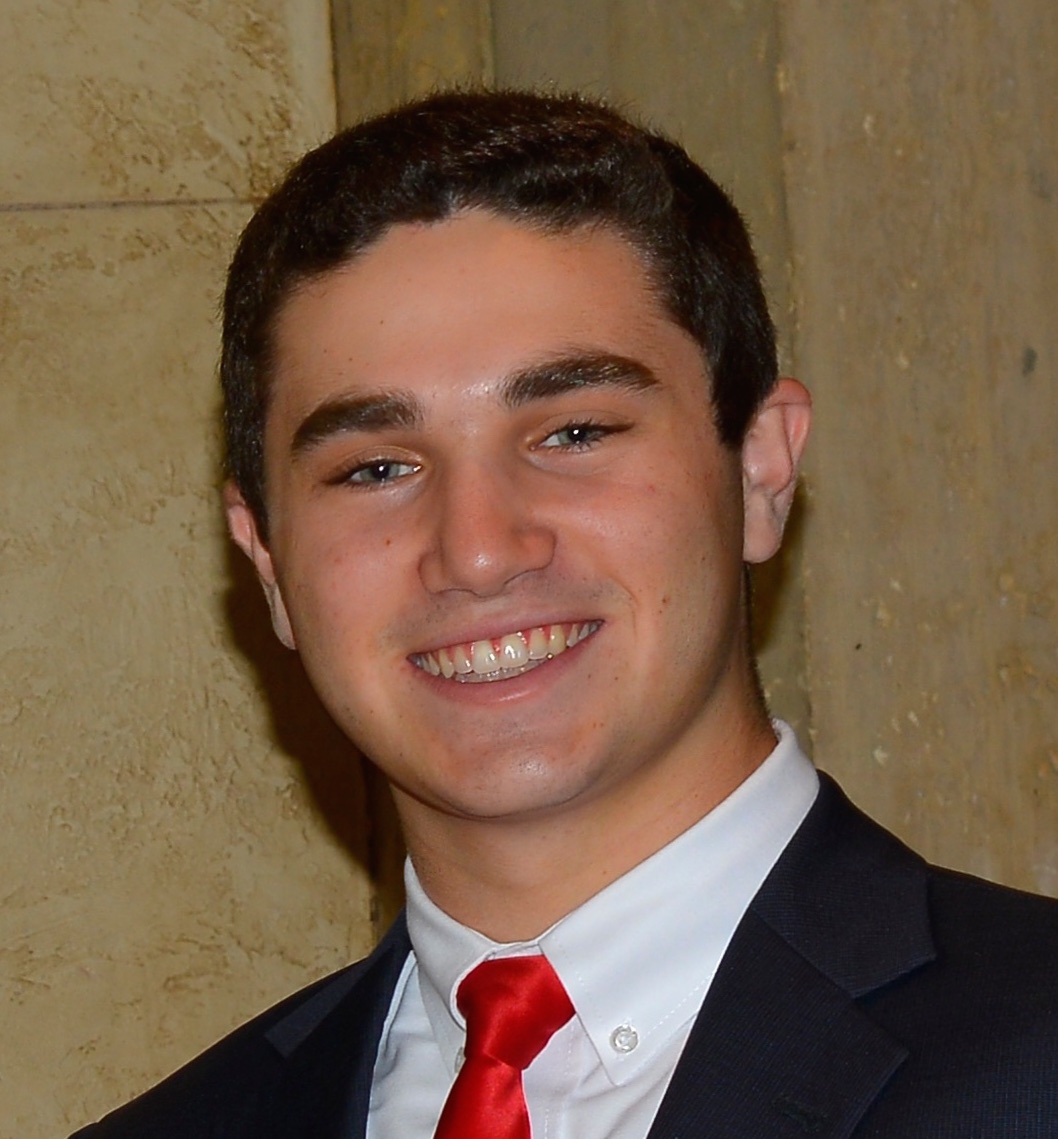




 amnesia must have occurred (sort of like having a baby) as I find myself with child #2, a high school senior, almost surprised by the high levels of stress and the ongoing
amnesia must have occurred (sort of like having a baby) as I find myself with child #2, a high school senior, almost surprised by the high levels of stress and the ongoing 
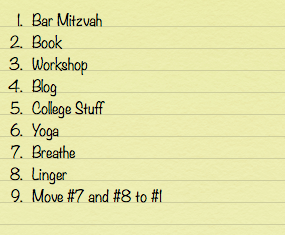





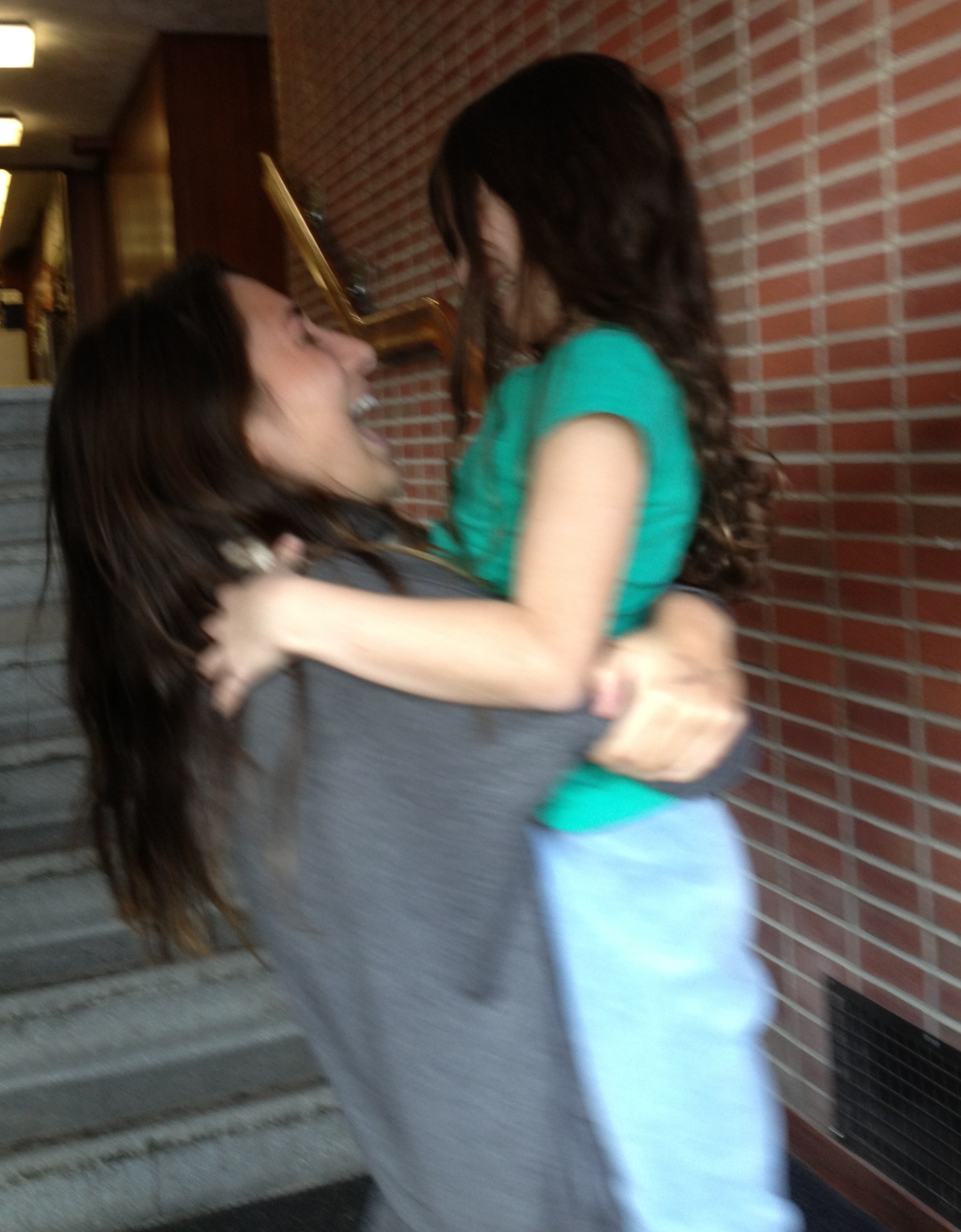
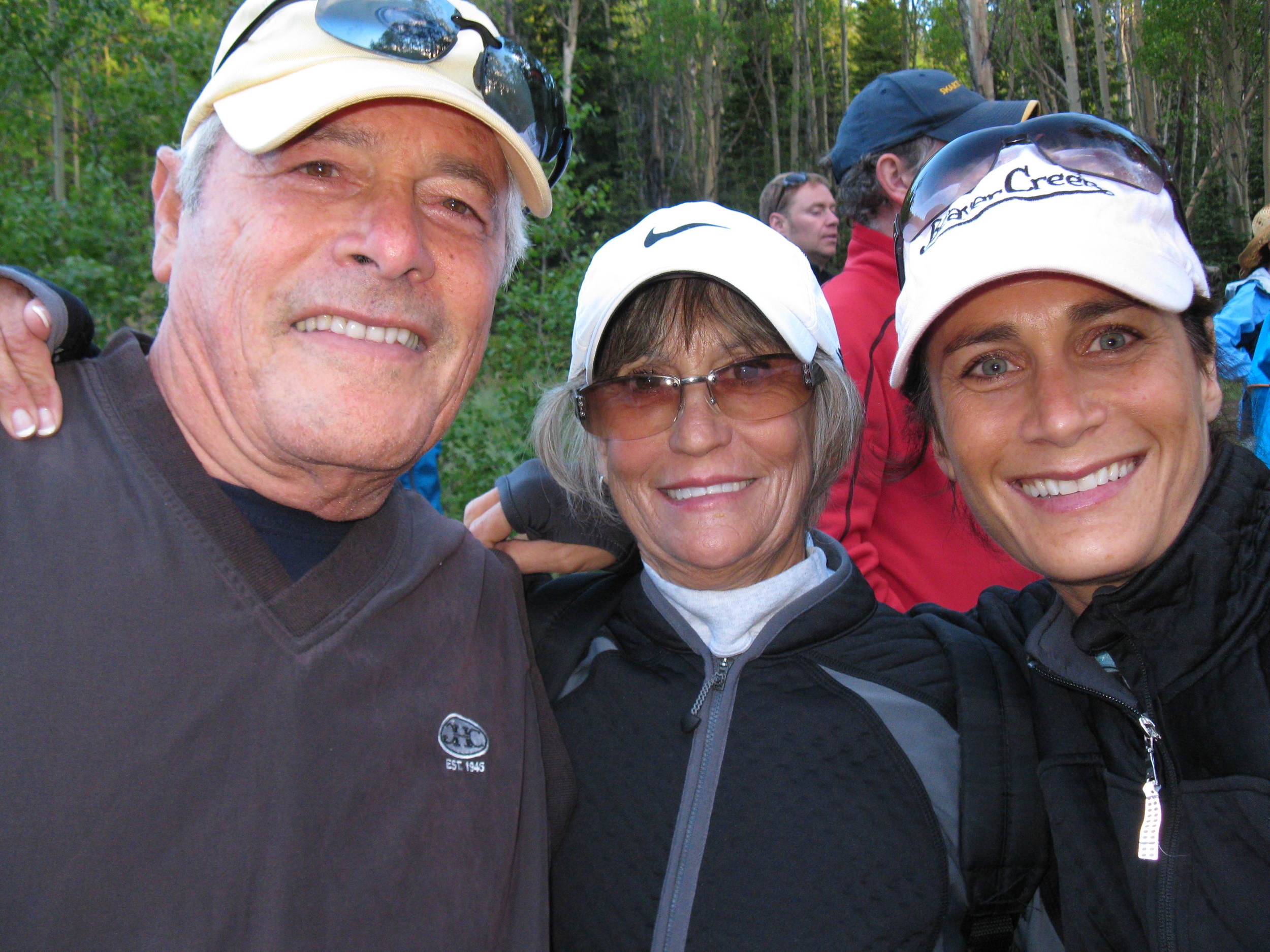

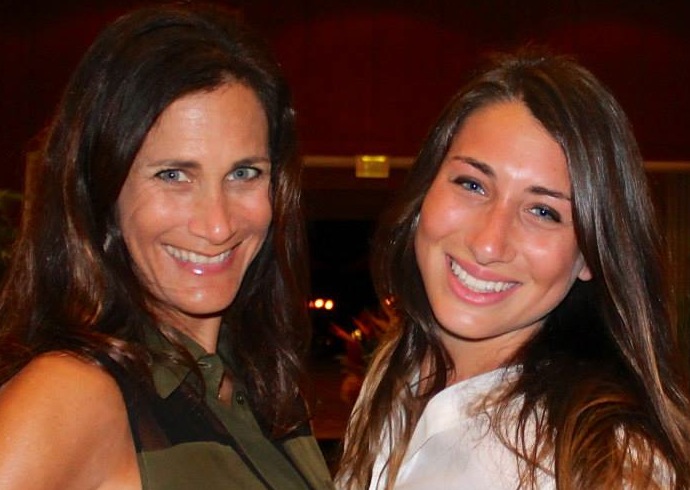 This is going to sound very unlike me since it was only four months ago that
This is going to sound very unlike me since it was only four months ago that  As a Minnesotan, December is the month when our landscape turns into a nasty frozen tundra, and it is difficult to savor the memories of the past summer or to believe that we will EVER be relieved of our constant state of FROZEN. But, of course, even though we sometimes have to wait until May, the thaw does come. My most notable December reminder of the warm hope of summer is delivered by envelopes and emails containing none other than…summer camp forms.
As a Minnesotan, December is the month when our landscape turns into a nasty frozen tundra, and it is difficult to savor the memories of the past summer or to believe that we will EVER be relieved of our constant state of FROZEN. But, of course, even though we sometimes have to wait until May, the thaw does come. My most notable December reminder of the warm hope of summer is delivered by envelopes and emails containing none other than…summer camp forms.